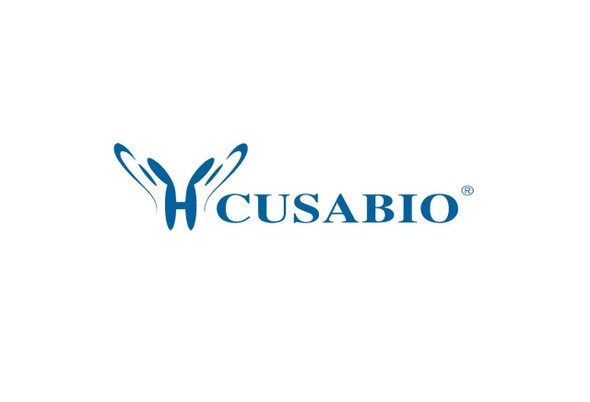Cusabio Polyclonal Antibodies
ACAD10 Antibody | CSB-PA883300
- SKU:
- CSB-PA883300
- Availability:
- 3 to 7 Working Days
Description
ACAD10 Antibody | CSB-PA883300 | Cusabio
ACAD10 Antibody is Available at Gentaur Genprice with the fastest delivery.
Online Order Payment is possible or send quotation to info@gentaur.com.
Product Type: Polyclonal Antibody
Target Names: ACAD10
Aliases: acyl-CoA dehydrogenase family, member 10
Background: This gene encodes a member of the acyl-CoA dehydrogenase family of enzymes (ACADs), which participate in the beta-oxidation of fatty acids in mitochondria. The encoded enzyme contains a hydrolase domain at the N-terminal portion, a serine/threonine protein kinase catlytic domain in the central region, and a conserved ACAD domain at the C-terminus. Several alternatively spliced transcript variants of this gene have been described, but the full-length nature of some of these variants has not been determined.
Isotype: IgG
Conjugate: Non-conjugated
Clonality: Polyclonal
Uniport ID: Q6JQN1
Host Species: Rabbit
Species Reactivity: Human
Immunogen: Fusion protein of human ACAD10
Immunogen Species: Human
Applications: ELISA, IHC
Tested Applications: ELISA, IHC;ELISA:1:1000-1:2000, IHC:1:15-1:50
Purification Method: Antigen affinity purification
Dilution Ratio1: ELISA:1:1000-1:2000
Dilution Ratio2: IHC:1:15-1:50
Dilution Ratio3:
Dilution Ratio4:
Dilution Ratio5:
Dilution Ratio6:
Buffer: -20°C, pH7.4 PBS, 0.05% NaN3, 40% Glycerol
Form: Liquid
Storage: Upon receipt, store at -20°C or -80°C. Avoid repeated freeze.
Initial Research Areas: Signal Transduction
Research Areas: Metabolism;Signal transduction












